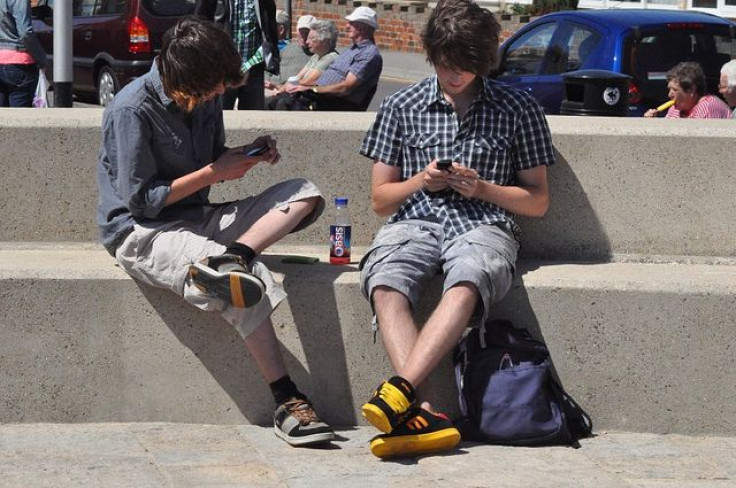Sexting Happens Among Teens Who May Be Unaware of Consequences

No, sexting is not the sweeping epidemic that is corrupting or destroying teens across America but it happens. Among teens, sexting does occur and it can have some powerful long-term consequences.
In a new study, sexting is an activity teens engage in but not the vast majority. More importantly, the teens who are sexting are not aware of the risks involved with it. Sending sexually explicit photos among teens could have psychological and criminal consequences.
The study examined how common sexting was among a group of 606 American teens from a private southwest high school and was led Donald S. Strassberg, PhD, from the University of Utah. The teens filled out questionnaires about sexting habits and if they understood the possible consequences of sexting. Researchers also asked the students when it might be right or wrong to send sexually explicit photos.
Of the students, some as young as 14 years old, 20 percent engaged in sexting. Roughly 40 percent of the students had received sexually explicit photos. Upon receiving a sext, 25 percent of students forwarded the picture on to others. A little over 33 percent of the students were sexting despite knowing there could be potential consequences of the action.
Sending or receiving sexually explicit photos of individuals under the age of 18 could lead to criminal charges of possession or distribution of child pornography. These teens, if convicted, may have to register as a sex offender thus affecting the vast majority of their lives.
Other factors could involve severe psychological risks for those in the photos. A female teen could face scrutiny among peers or be sexually harassed or bullied due to a picture being forwarded on to others and spreading among the school population. Boys can face similar psychological consequences as females.
More than ever, teens have a smartphone and sending texts and multimedia among friends is not only easy but common everyday practice. Researchers conclude that more education and awareness is needed about sexting. Parents and teachers could play a vital role in getting teens to understand the possible consequences of sexting through a range of activities such as awareness days or assemblies.
The study was published in the Archives of Sexual Behavior.



























